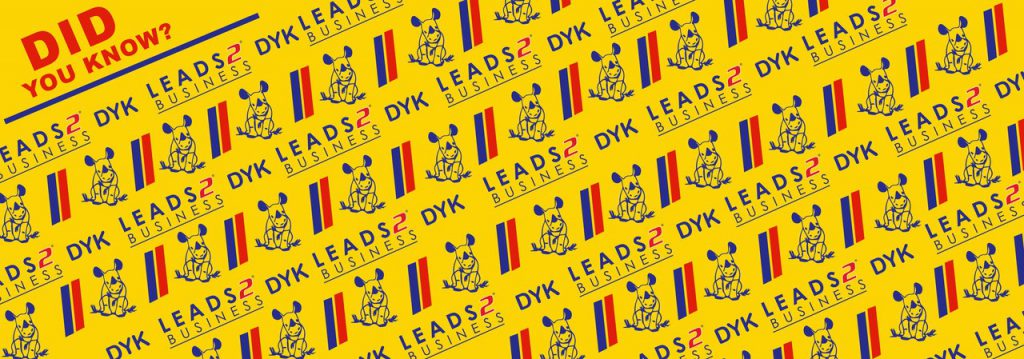Is Insurance really necessary?
The simple and straight forward answer is – Yes.
Some of you may ask why? The answer to this is also pretty simple – Life is unpredictable.
Below are a few examples of some of the basic, if not most important insurance policies you may need in your personal capacity and for construction/business.
Personal Insurance
The 5 basic insurance policies that everyone should have, although not everyone can afford all of the below, it is a good idea to have them, look at it this way – the cost of insurance is relatively cheap well at least far less than the cost of not having it if something goes wrong.
• Health Insurance
• Car Insurance
• Homeowner’s or Renter’s Insurance
• Life Insurance
• Disability Insurance (Long and short term)
Construction Insurance
Uwe Putlitz, CEO of the Joint Building Contracts Committee, says “generally five types of insurable risks generally apply to all construction projects:
Contract Works Insurance (CWI): This deals with the whole works during the construction period including plant and materials, work by specialist contractors, and additional professional fees where damage to the works occurs. Such a policy must be extended to include possible damage to existing buildings during alterations and additions and/or to include adjoining structures;
Supplementary Insurance (SI): Deals with expense or loss caused by events outside the normal control of the parties, including civil commotion, riots, strike action etc. not included in the CWI policy. SI can be obtained from the South African Special Risks Insurance Association (SASRIA) in South Africa, or the Namibian Special Risks Insurance Association (NASRIA) in Namibia. Supplementary to the CWI, SI is not available to the public and needs to be arranged by a broker;
Public Liability Insurance (PLI): Provides indemnity in the event of a death or injury to any person and or accidental loss or physical damage to tangible property;
Removal of Lateral Support Insurance (RLSI): This applies where the execution of the works may cause weakening or damage or interference with the support of land or property on site or adjacent to the site and the consequences thereof; and
Other Insurances (OI): This applies to cover risks in transit of goods imported from overseas specifically for installation in a project.”
The concept of insurance is straightforward but the actual selection of appropriate policies for specific contracts is not.
“That is why it is important to deal only with a broker experienced in construction industry insurance matters: this type of cover is not a do-it-yourself activity and, if dealt with improperly, all claims will be rejected. The insurance must be carefully considered to include and list all identified risks including the location of the works, the type of structure, the method of construction and where existing structures or other site conditions may be at risk,” he explains.
Business Insurance:
From the day anyone starts a business, you are exposed to risks. Before the first employee is hired, a business is at risk. This is why it is so important to have the right insurance policies. A lawsuit or catastrophic event could cripple a small business before it has a chance to get off the ground.
Fortunately, businesses have access to a wide range of insurance types to protect them against these possibilities. Here are some insurance types that a business should have in place as soon as possible.
Professional liability insurance:
Professional liability insurance, also known as errors and omissions (E&O) insurance, covers a business against negligence claims due to harm that results from mistakes or failure to perform.
Property insurance:
Whether a business owns or leases its space, property insurance is a must.
Workers’ compensation insurance:
Once the first employee has been hired, workers’ compensation insurance should be added to a business’s insurance policy.
Home-based businesses:
Many professionals begin their small businesses in their own homes. Unfortunately, homeowner’s policies don’t cover home-based businesses, ask your insurer for additional insurance to cover your equipment and inventory in the event of a problem.
Product liability insurance:
If your business manufactures products for sale on the general market, product liability insurance is a must.
Vehicle insurance:
If company vehicles will be used, those vehicles should be fully insured to protect businesses against liability if an accident should occur.
Business interruption insurance:
If a disaster or catastrophic event does occur, a business’s operations will likely be interrupted.
So to end, you can see how necessary having insurance actually is.
You may not want to pay the monthly instalments but you will grateful you did if something ever happens (let’s hope that nothing that requires a claim happens).
Please ensure that you have enough insurance policies in place to cover any event that could affect the running of your business or your life and make sure you or anyone affected is covered.
For Insurance cover or enquiries please contact:
Brad Hutton
brad@surelinkwealth.co.za

To view more articles, please visit the Leads 2 Business Blog.
If you are interested in becoming one of our subscribers, please visit Leads 2 Business.
To view notes with screenshots on how to use our website, please visit the Leads 2 Business Wiki.
Sources:
Mint
Entrepeneur
About Sally Nell
I joined Leads 2 Business in November 2011. I started in the Daily Tenders department and later moved to the Directory Department in May 2014.











Leave a Reply